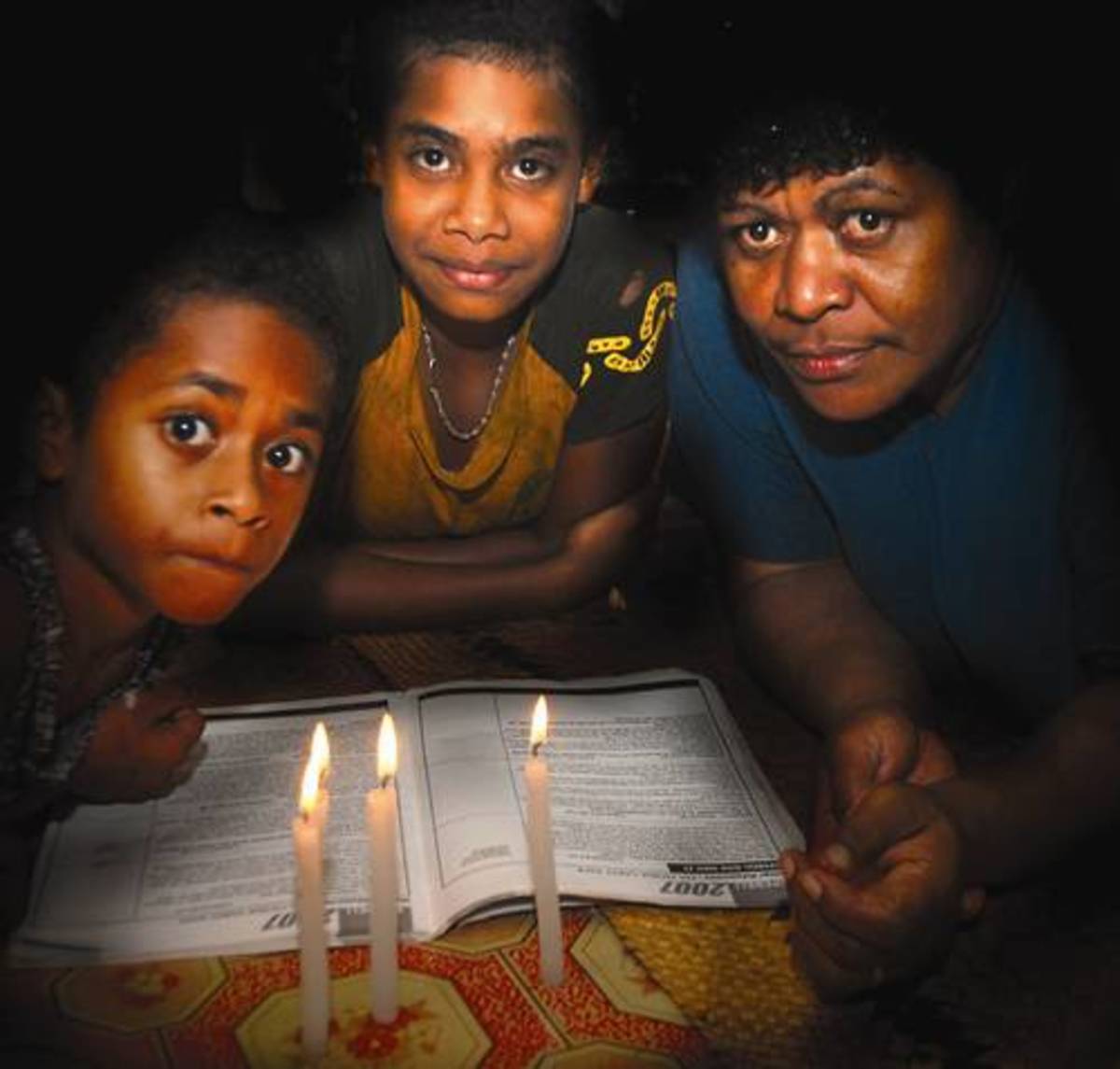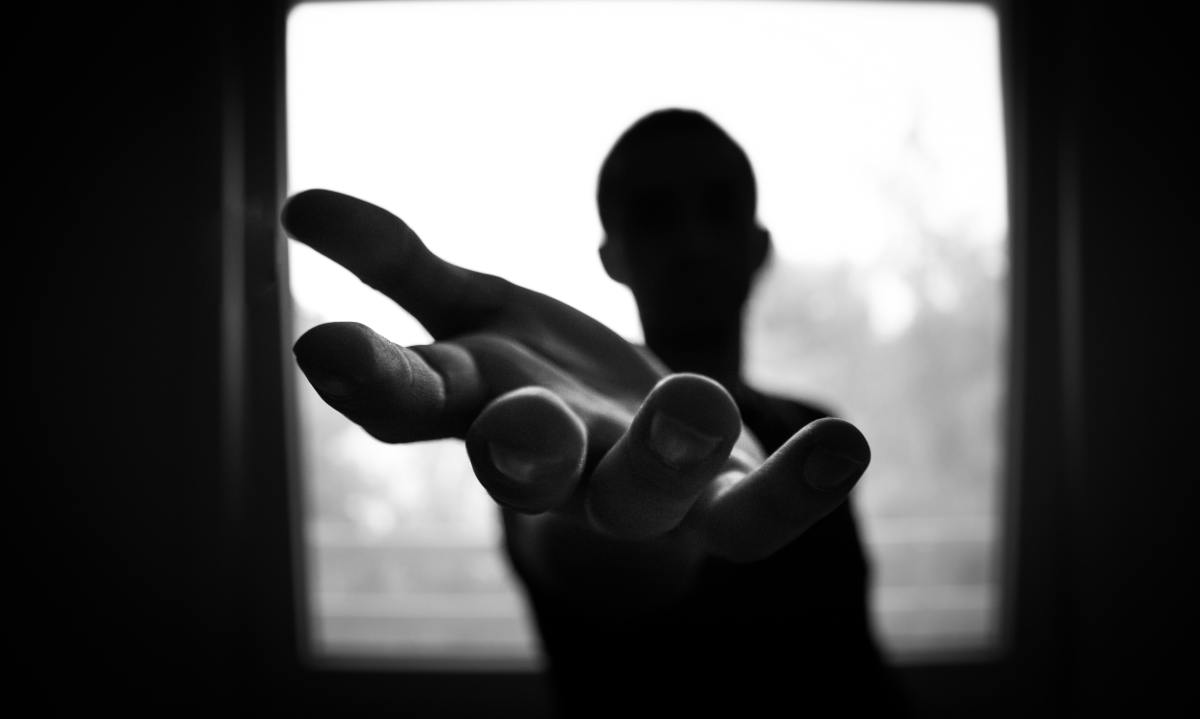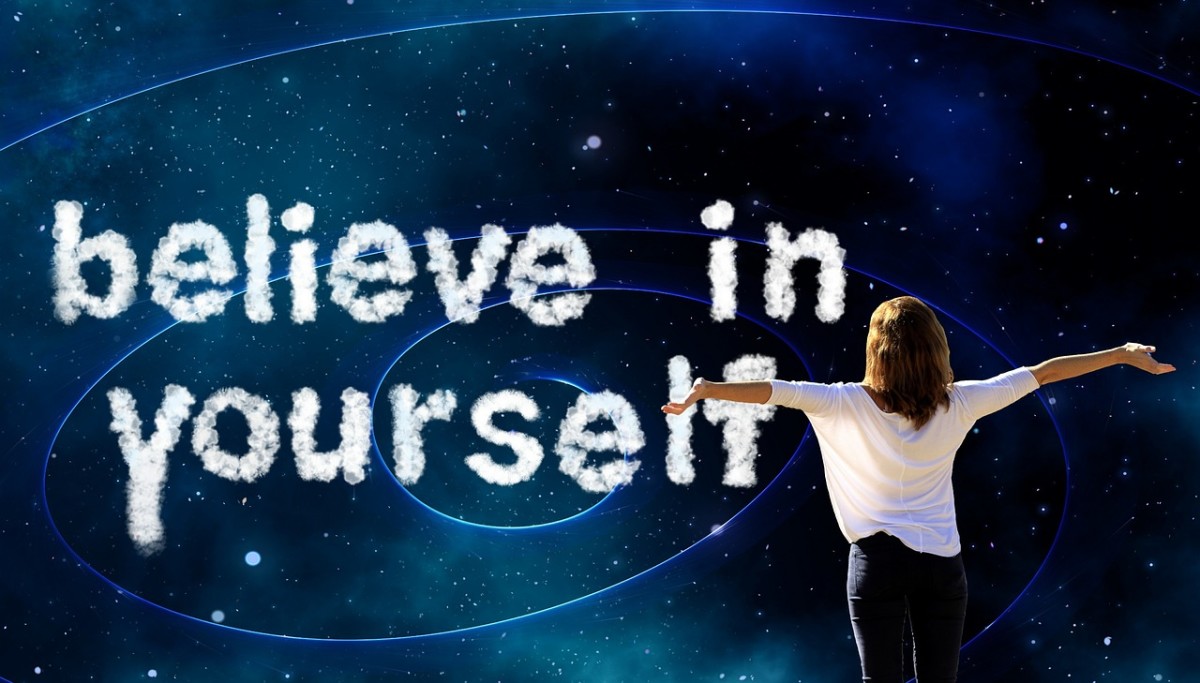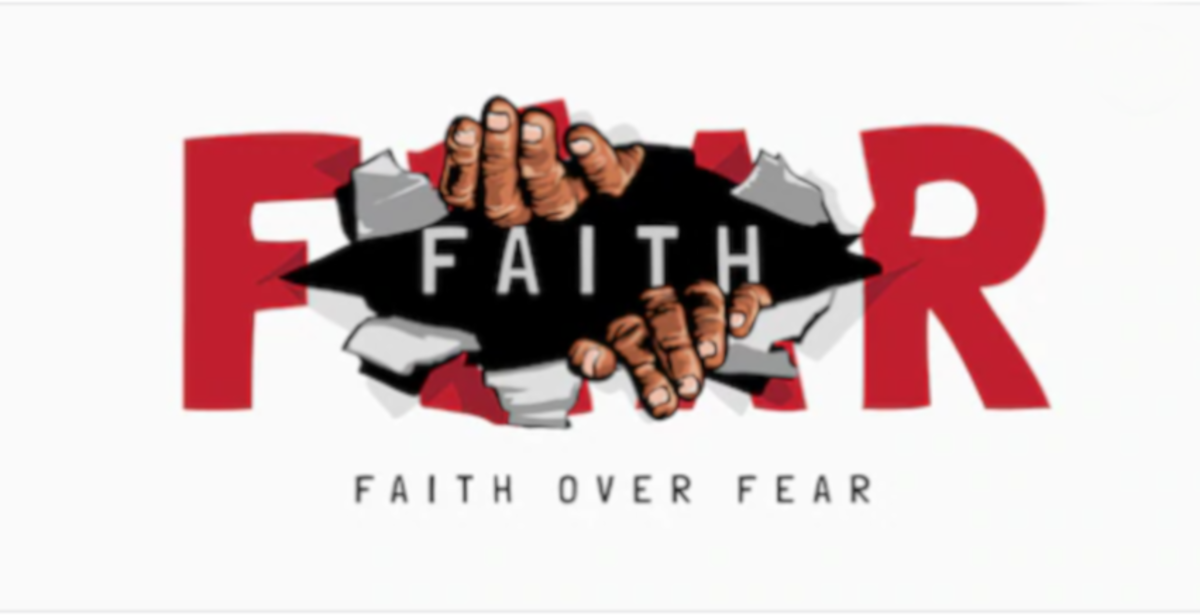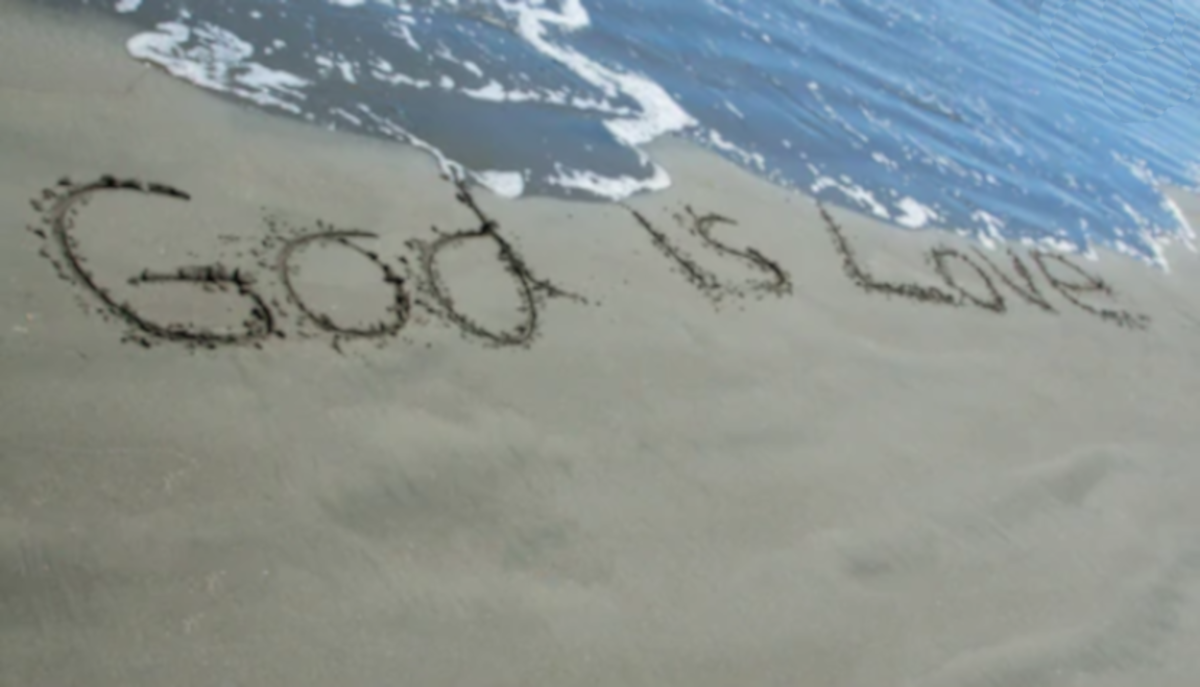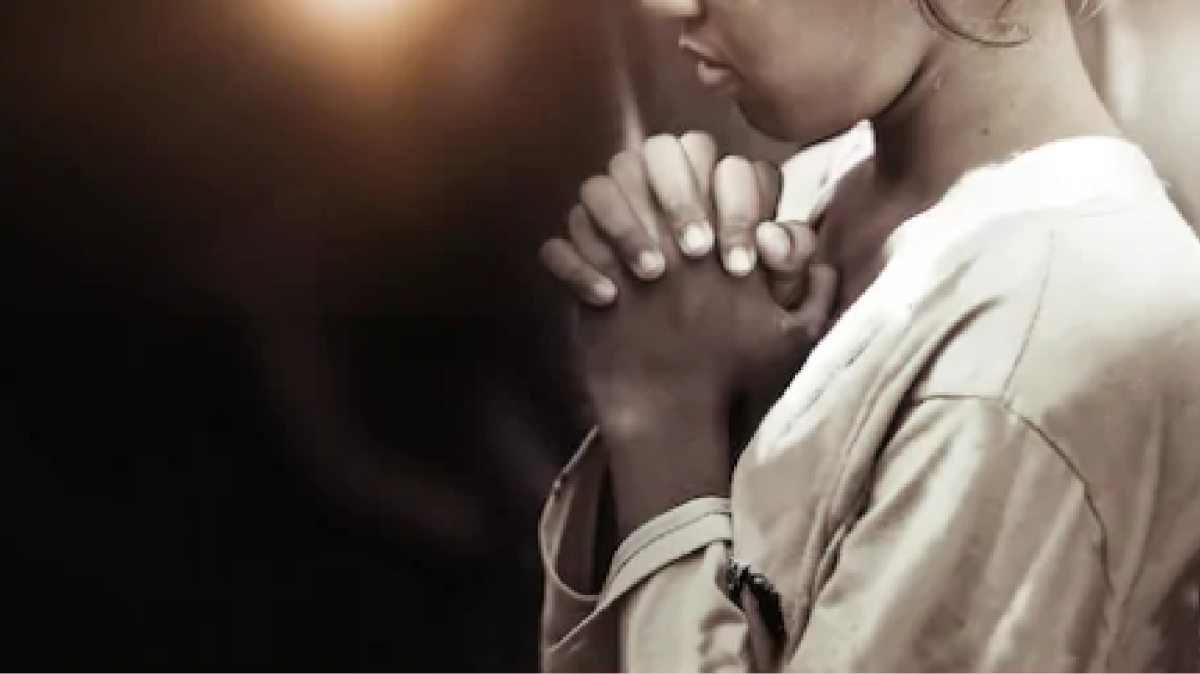As Guilty As It Gets - Part 2
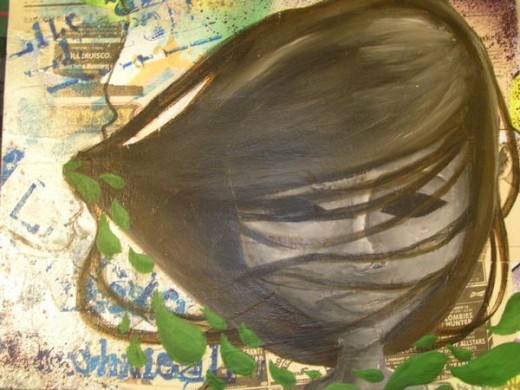
Developing A Way of Relating To Others By Avoiding Rejection
When Control Is Something I Can Do To Survive
For a person like me who at the time needed to know that I was a valued and desirable student, such a message felt like personal death. It was like free-falling headlong toward earth without the help of a parachute. I was looking toward those people in my world and not on God, to supply my needs by confirming my worth as a person. The ground was coming up fast beneath me and I had no recourse but to brace myself for a hard and painful landing. I simply had to find a solution—something I could do to increase the chances of never having to feel so worthless and humiliated again.
Control becomes critical to the survival of fallen men and women. What if I had done what no child ever does and interpreted the event in the music class like this? “I’m only human; anyone can make a mistake. Therefore, I’m not a bad person because I couldn’t locate the page in the song or hold up my music book in the proper way. The problem is not me, but my music teacher’s response to my mistake.” Don’t you think that this sounds like a fair evaluation? But, if that were true, then I, as a young boy faced a severe dilemma. I had to avoid such pain at all costs. But if my music teacher’s response was the problem, she would have to realize the error of her ways and change. This was wishful thinking and a highly unlikely scenario. The prophet Jeremiah asks the rhetorical questions, “Can Ethiopians change their skin or leopards their spots? Then also you can do good who are accustomed to do evil” (Jer 13:23). Proverbs 6:27-28 asks the same thing, “Can fire be carried in the bosom without burning one’s clothes? Or can one walk on hot coals without scorching the feet?” I had no control over this Russian Scud Missile of a music teacher. Loose cannons are unpredictable. So I would have been rendered helpless to do anything to avoid facing the same kind of pain again. And independent men and women hate helplessness.
If I could only define the problem that caused the painful exchange as me—my bumbling ways, my failure to listen up—then, as the guilty person, there was something I could do to minimize the chances of ever being told, “You can’t do anything right!” This evaluation had little to do with the goal I needed to accomplish, because if I think I am the problem, then there is something I can do to provide the solution. I wouldn’t feel helpless after all. Seeing myself as a “bumbler” became a sort of chart, enabling me to navigate through life avoiding the kinds of situations where I might face rejection—a map that helped me avoid other types of bumbling mistakes that would trigger an even bigger human missile explosion.
If we think the problem is “the way we are,” then we think we can do something about it. We can work hard at learning to do it right next time around, or we can move through life avoiding all those situations where “bumbling idiots,” for instance, shouldn’t go. It’s as if we say to ourselves, “I know how to never hurt again, I’ll never hold up another music book for as long as I live. I’ll never go near situations where people are counting on me for something, because I’ll only let them down.” Feeling guilty about “me” has now become a valuable and useful tool to help me survive in life. Not liking myself gives me something I can do to minimize the pain. And even though not liking who we are is in itself painful, it’s a price we’re willing to pay to protect ourselves from pain.
Had you been there to observe me grow and move through my life in the years following that humiliating ordeal in music class (and others like it), you would have seen me avoid situations where I might have been exposed and labeled as a bumbler. I distanced myself from the school choir, special clubs, speaking in front of groups, and certain relationships where people might count on and expect something from me. Armed with my negative image, you would have seen me develop a way of relating to others that allowed me to avoid the danger of rejection while maximizing the chance of my being desired and valued as a person—as a way to cope against such situations, I became protectively distant or aloof in my personality. Sadly, I winded up with the wrong strategy.
At the Pan American Games, champion United States diver Greg Louganis was asked how he coped with the stress of international diving competition. He replied that he climbs to the board, takes a deep breath, and thinks, “Even if I blow this dive, my mother will still love me.” Then he goes for excellence.
Over the years though, I have learned to overcome my tendency to avoid the guilt of pain by being willing to pay the price to survive and move forward. Remember the example Johnny Cash illustrated about the two dogs. No one is all bad. No one is all good. We are all imperfect sinners. Some are unredeemed sinners with a streak of good while others are redeemed sinners with a streak of guilt. My remaining black streak of guilt fuels me to depend on Christ to change and fulfill whatever is missing in my life. Employing this strategy seemed like I was going to die. In fact, Jesus does invite me to die to self every time a scary scenario rears its ugly head. And you know what? I didn’t die but survived the ordeal. I resolved not to depend upon what people think of my actions but rather focused on God and what he thinks of me.
Guilt has a way of haunting you for the rest of your life if you let it. Or you can master guilt through the redemptive power of Jesus and employ it as a useful tool to change you through any given ordeal from the inside out. Our guilt should not motivate us out of a fearful sense of human duty or obligation but out of a deep-seated divine conviction that God proved his love us in that while we were still sinners Christ died for us (Rom 5:8). The apostle Paul reminds us, “For the love of Christ urges us on, because we are convinced that one has died for all; therefore all have died. And he died for all, so that those who live might live no longer for themselves, but for him who died and was raised for them” (2 Cor 5:14-15).
When I am confronted with a potential bumbling idiot situation, like a fearless diver, I climb to the board, take a deep breath, and think, “Even if I blow this scary scenario today, my God will still love me,” and then, assured of his grace, I take that leap of faith into the scary scenario seeking a perfect 10!
Copyright 2009, Gicky Soriano. All rights reserved.
Related hubs:
- As Guilty As It Gets - Part 1
Johnny Cash once did an album entitled American Recordings. Featured on the album cover is a photo of Johnny standing between two dogs. One dog is black with a white stripe. The other dog is white with a... - Found Guilty Serving God
When I look back to my early days as a new Christian, guilt was an essential tool in my sinful effort to make life work and overcome a poor self-image. Although I was gifted by the Spirit to preach, teach... - Of Saints and Sinners
In Psalm 90:7-9, Moses brings up a blatant thought that sinners struggle with: “For we are consumed by your anger; by your wrath we are overwhelmed. You have set our iniquities before you, our secret sins... - Restoring the Fallen Leader
In Greek mythology, Achilles was the son of Peleus, king of the Myrmidons, and Thetis, a sea goddess. By far, Achilles was the greatest, most courageous and handsome warrior of Agamemnon’s army. The story...
Recommended reading:



